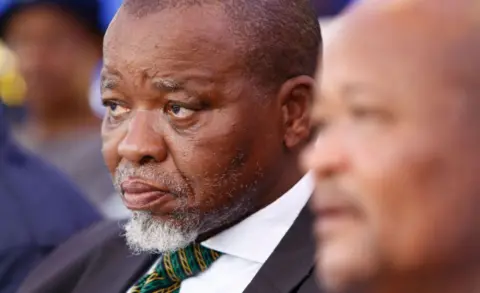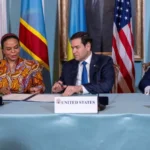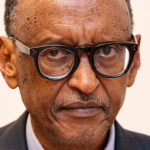As global geopolitical tensions escalate, South Africa finds itself at a crossroads, grappling with its sovereignty against the backdrop of increasing pressures from the United States. With a history steeped in anti-colonial struggle and a commitment to non-alignment, South Africa is poised to assert its national interests in the face of external influences. This article explores how South Africa plans to defend its sovereignty amidst growing tensions with the U.S.
A Legacy of Sovereignty
Historically, South Africa’s fight against apartheid was not just a national struggle, but a contest for sovereignty against external powers. The country emerged from this tumultuous past with a democratic ethos that prizes self-determination and respect for sovereignty. This foundational principle remains at the core of South Africa’s foreign policy, which emphasizes non-interference and mutual respect among nations.
The Geopolitical Landscape
The current climate is marked by escalating tensions between the U.S. and China, with South Africa caught in the crossfire. As a member of the BRICS coalition, alongside Brazil, Russia, India, and China, South Africa has asserted a multipolar approach to global governance. The U.S., concerned about China’s growing influence in Africa, has increased its diplomatic and military engagement on the continent. This has placed South Africa in a precarious position, as it seeks to maintain good relations with both superpowers while fostering its own interests.
Economic Considerations
South Africa’s economy is deeply intertwined with both U.S. and Chinese markets. Trade relations with the U.S. are significant, yet China is its largest trading partner. In 2021, bilateral trade with China amounted to $51 billion, while trade with the U.S. was around $22 billion. This economic dependency necessitates a careful balancing act. President Cyril Ramaphosa has called for “economic diplomacy” that prioritizes South Africa’s national interests without alienating partners. The focus remains on sustainable development, job creation, and fostering local industries to enhance economic sovereignty.
A Path of Non-Aligned Diplomacy
In recent months, South African officials have emphasized their commitment to a non-aligned stance in global politics. The country is actively advocating for a peaceful resolution to conflicts, urging dialogue over confrontation. During a recent visit to the U.S., South African Foreign Minister Naledi Pandor highlighted that “Africa must be seen as a continent of solutions, not just a place of contestation.” Such statements underline South Africa’s resolve to safeguard its sovereignty by promoting a diplomatic approach rooted in the principles of equality and respect.
Strengthening Defense Capabilities
To bolster its sovereignty, South Africa is also investing in its defense capabilities. The South African National Defence Force (SANDF) has been undergoing reforms aimed at enhancing operational readiness and infrastructure. Defense Minister Thandi Modise has stated the importance of securing borders and national interests, especially in light of rising geopolitical tensions and assertiveness from external powers.
Conclusion: A Sovereign Future
As tensions with the U.S. intensify, South Africa’s strategy is characterized by a commitment to defend its sovereignty through balanced foreign relations, economic empowerment, and diplomatic engagement. The nation’s ability to navigate these challenges will be crucial in asserting its position on the global stage. In a world increasingly polarized by superpower rivalry, South Africa stands firm as a beacon of non-alignment and a champion of its sovereignty, advocating for a vision of collaborative progress rather than divisive geopolitics. The future will hinge on its continued resilience and capacity to articulate and protect its national interests, ensuring it remains a sovereign state in an interconnected world.
Email Us on editorial@nnafrica.com













